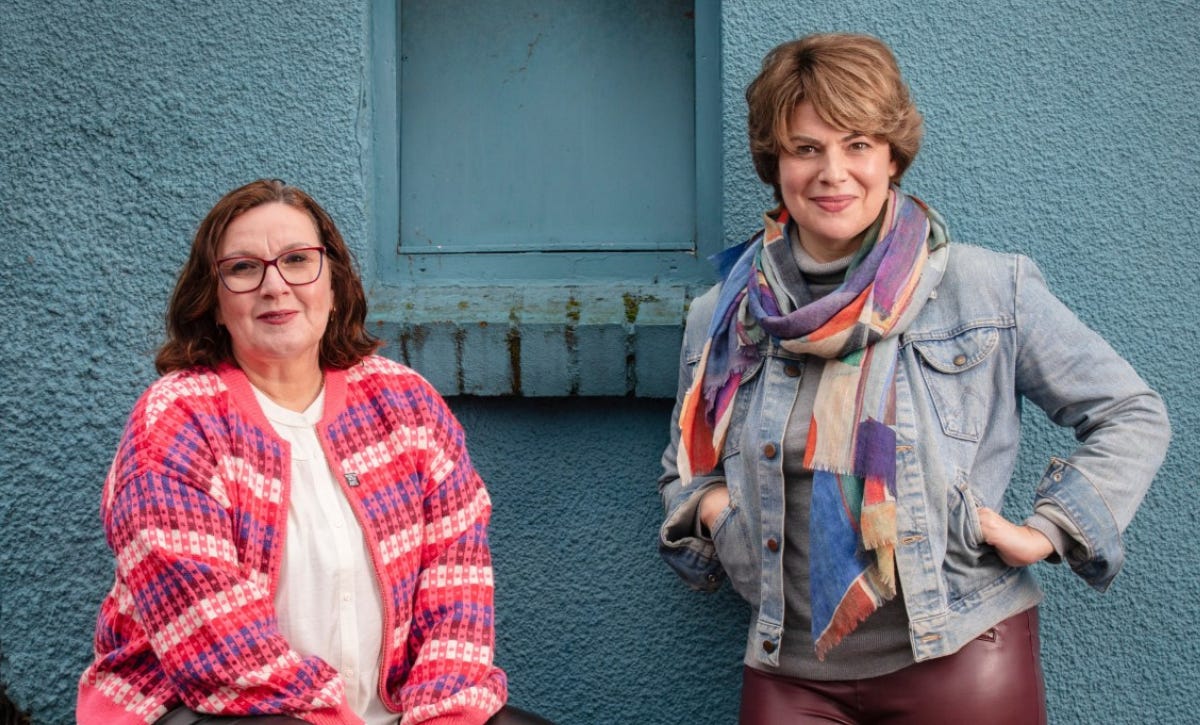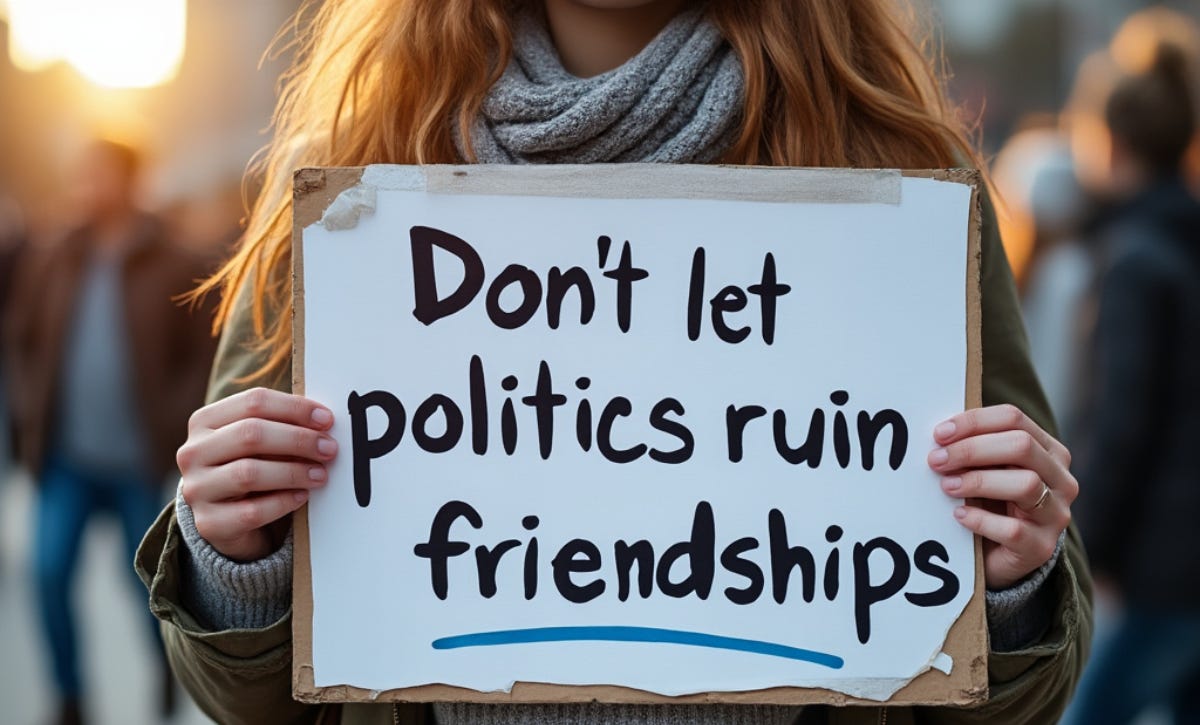We’re not the villains: why we set up an organisation for cancelled artists
Prohuman Foundation advisor Rosie Kay and her Freedom in the Arts (FITA) co-founder Denise Fahmy are leading efforts to survey and support other artists who have experienced harassment over viewpoints. They are profiled by Andrew Fox in The Times.
This week they are launching a national survey aimed at arts professionals and seeking testimony from those who have been bullied, harassed, censored or sacked for expressing — or even being suspected of thinking — beliefs that do not accord with the present accepted views. They urge “people from all political persuasions, all sides” to answer the survey.
Learn more about the Freedom in the Arts survey here.
WATCH: Seth Kaplan, Fragile Neighborhoods on Washington Journal
Prohuman Foundation advisor Seth Kaplan appeared on C-SPAN’s Washington Journal program. Speaking about his book Fragile Neighborhoods, he discusses how a rich social fabric can mitigate political conflict, and much more.
Imagine none of us knew each other—all we had is the politics. I think we'd probably be much more mistrustful—the politics would drive us further apart, and to the extent that's possible, some of us would leave because we can't stand being even on the same block with someone with different politics. You'd see that happening in America, but that would never happen in my neighborhood because our relationships. Our common identity is stronger than the politics, and that I think is one of the solutions we need to our politics.
Don't Let Politics Ruin Friendships: Let’s Avoid a Personal Cancel Culture.
Prohuman Foundation advisor Michael Wade reflects on the importance of maintaining friendships and family ties despite political differences, urging us to maintain humility in our personal relationships against the headwinds of divisive strategies employed by political campaigns.
Why I Am Not a PhD: English departments teach theory, not literature.
Lisa Libes, for Persuasion, tells her story of disillusionment with the English literature education system, particularly at Columbia University, where she found that literary studies were dominated by political and ideological interpretations rather than a focus on the universal aspects of human nature in literature.
The purpose of literature is not to comment on the political dimension of a given social structure or to use language as a means of fighting for justice. Literature is a different activity. Its purpose is to offer universal observations about human nature.
As academics across American college campuses continue to remove true literary scholarship from their programs, maybe it’s time for the rest of us to pick up a great work of literature and renew our allegiance to the humanistic tradition.








